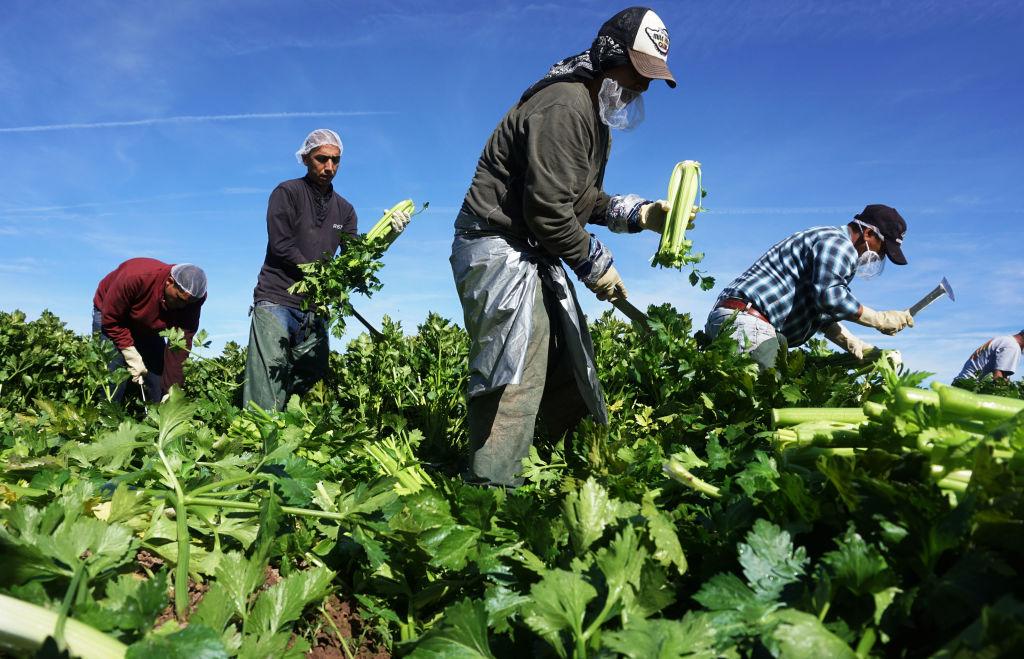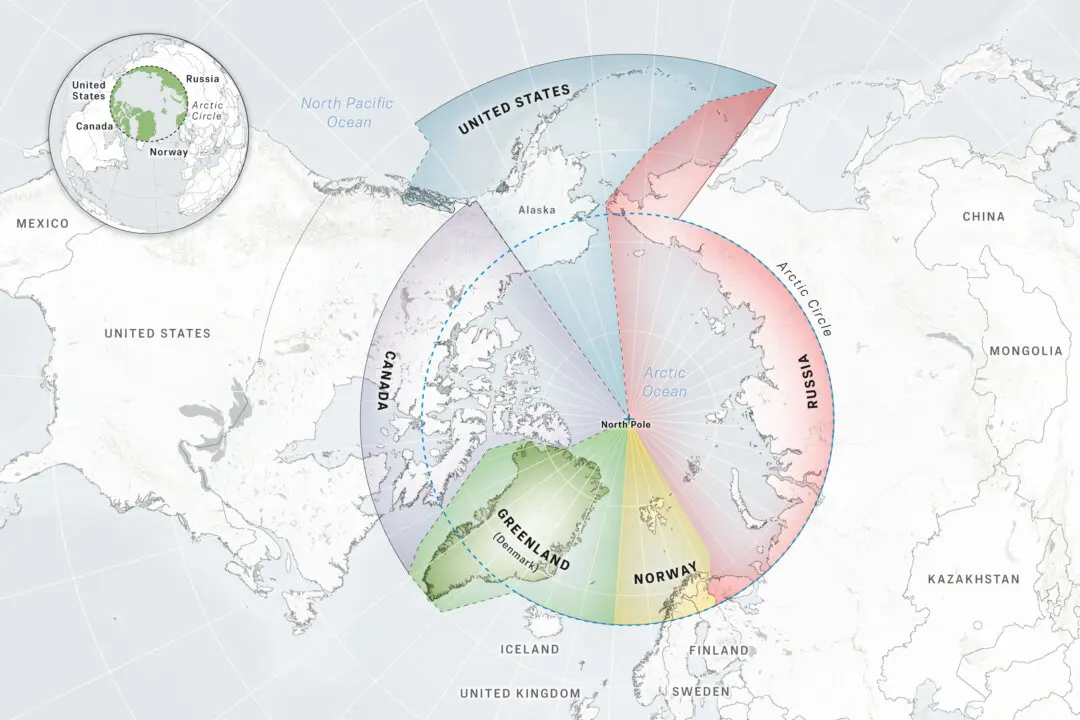Multiple foreign countries and investment groups have been quietly acquiring land designated for agriculture in the United States over the past decade.
Foreign interests presently control 37.6 million acres of pasture, timber, and farmland. This amounts to an area roughly the size of Iowa or Illinois.





